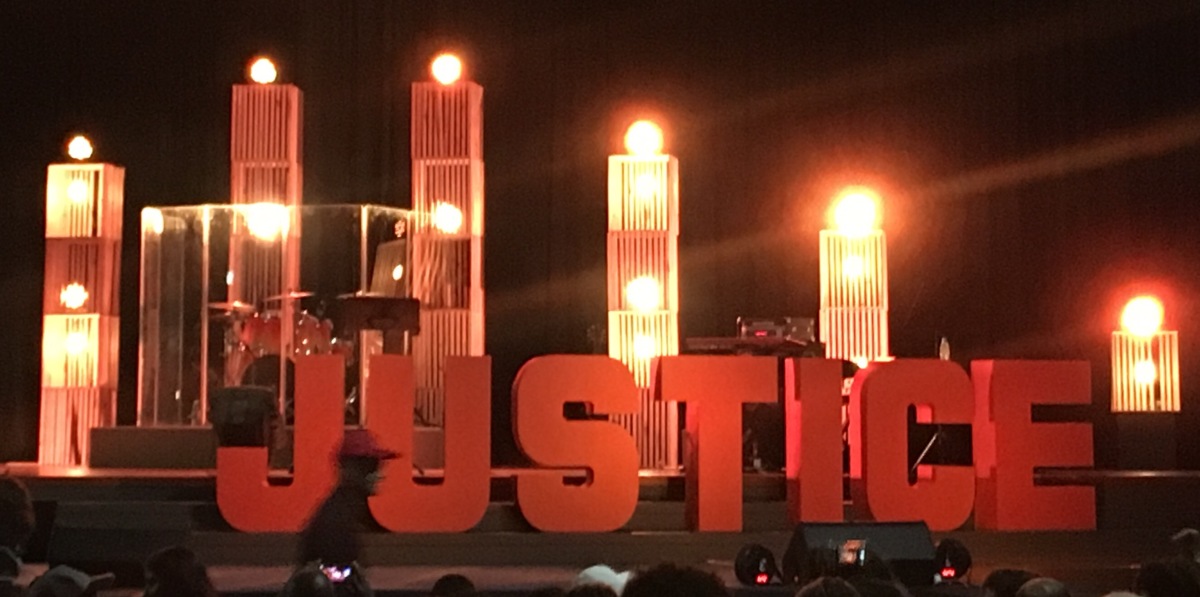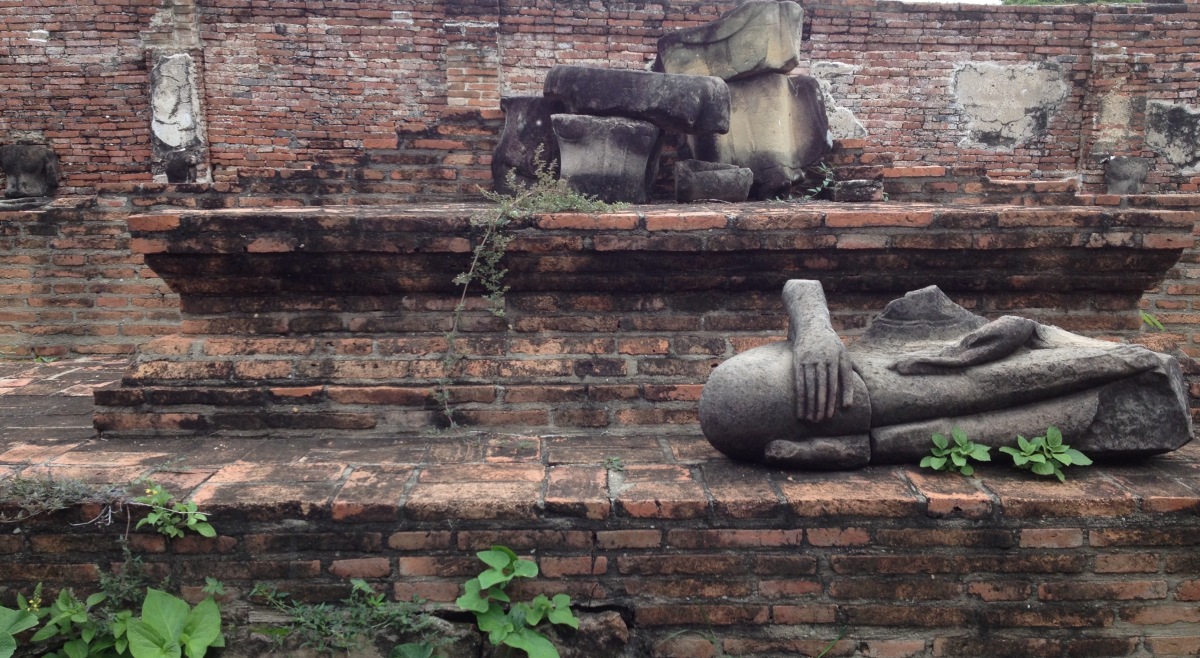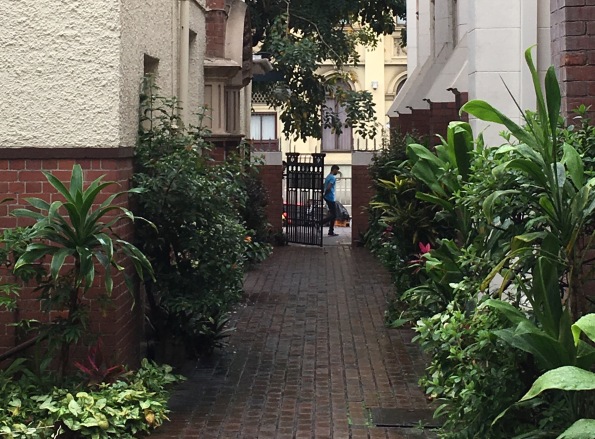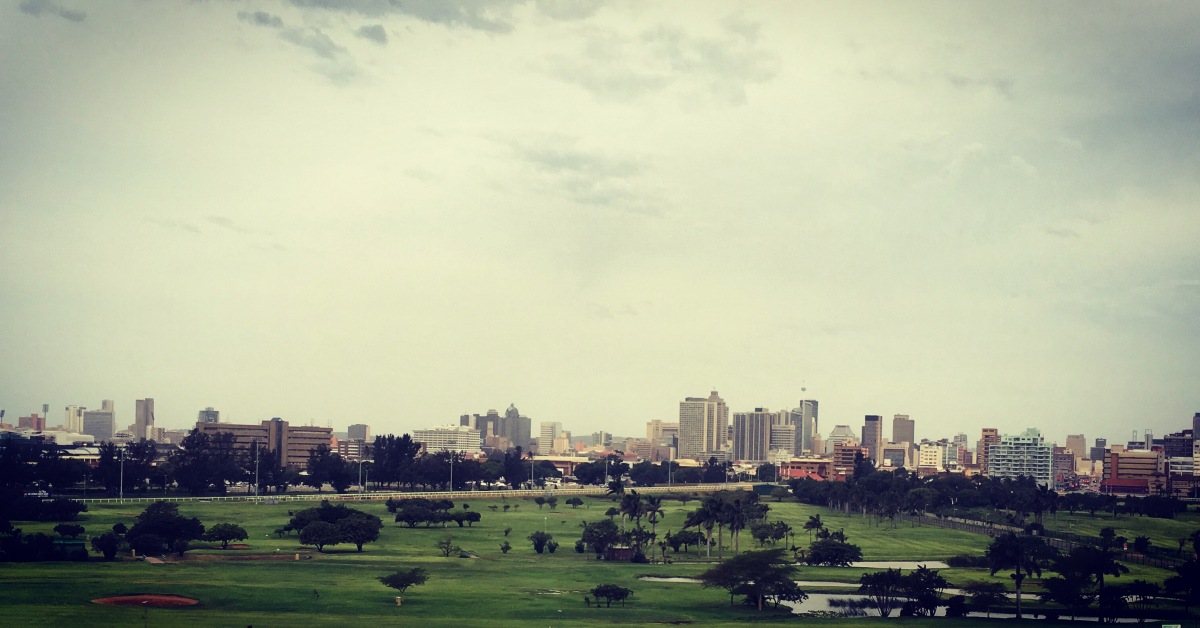
I was honoured to be one of the contributors at the “Navigating the Deep Waters of Identity” session of the Justice conference. I am busy preparing links to other contributions, notes and reflections about this session, but I have been asked a number of time to share my contribution. So here you go, but please know that these words are but a small part of a very important conversation and I look forward to share more with you later this week:
“The Academy award winning movie, “Moonlight”, presents a mesmerising look at how identity is shaped by our relationships and the stories that inhabit these relationships. In one of the central scenes of the movie, the young Little (main character) and Juan (a “father figure” type character) sit together on the beach in the moonlight. Juan shares the story of how, as he was running around as a young boy in the moonlight, a lady called out at him and said, “In moonlight black boys look blue…” She continued to say, “You’re blue. That’s what I’m gonna call you: Blue.” Little then asks Juan, “So, is your name Blue?” Juan laughs and says, “Nah…At some point, you gotta decide for yourself who you’re going to be. Can’t let nobody make that decision for you.”
Some have said that identity is shaped by the stories we tell ourselves – stories about who we are, why we are and how we are; and the stories we tell ourselves about “others”. The stories we belief about ourselves, the stories we belief about “others” define our identities. And as Juan rightfully stated, we so easily fall into the trap of letting others determine or dictate who we are and who we become. We can be held captive by the stories we believe. Not only this, we can fall into the trap of defining the identity of others by very narrow or restricted, stereotypical, prejudiced stories and use these narratives to justify our exclusion of the person, the group or the community from our lives (for instance believing the story that we should ignore people who beg for money because it will just reinforce them making a public nuisance of themselves and how this leads us to justify looking the other way or crossing the road rather than facing the person begging on the street). We use these stories to deny certain human beings or groups the space in our lives to create their own story in us.
We need to pay attention and question the stories we have been told by our families, the media, our communities, our neighbourhood watch groups and the humour and jokes we share around the dinner table. We need to be curious about the stories of the “other”. We need to be willing to engage critically with these stories. We need to ask questions about who the main story tellers in our lives are and why we are giving them space to tell stories in and of our lives.
We so often accept stories without question, without realising how deceptive these stories can be. We need to understand how comfort and empire can numb us to this process. We need to understand how our historical and social context – and in particular our geographical context – our presence, where, how we are present – shape our stories.
I can share many stories about how my geographical context – where, how and why I lived in certain locations – have shaped the stories I believed about myself and others, but most recently (around 2015), my husband and I realised that as two Afrikaans-speaking professionals who have lived a very comfortable existence in suburbia all our lives, we have come to the point of realising that the reality of where we lived – our geographical positioning in this country – amongst other things, lead to the exclusion of so many other South Africans and their stories (and so also even some of our own stories) from our lives.
We lived with unquestioned stories, or built stories about people and contexts based on what we assumed we knew (but did not actually have a clue about!) Not knowing those we considered “the others”, not knowing our history well enough, not understanding what life is like for so many other people in our country and fearing “otherness” sustained our isolated, ignorant and comfortable little bubble of existence. Towards the end of 2015, we it became clear to us that God called us to interrupt this. So we moved from wealthy, spacious suburbia, into uncomfortable, crowded, vibrant CBD.
It is through this geographical move and subsequent authentic “encounters” with “the others” or the marginalised of society that we are slowly being liberated from the captivity of the stories that are perpetuating so much of the oppression we see in our world. Slowly the stories about ourselves and about people found rootedness in empathy, love and generosity, rather than blame, fear, competition and scarcity.
It was in attending a feesmustfall vigil that my fear for crowds of young black students made space for stories of courageous human beings and revealed to me the urgent need for justice in our educational system.
It was in touching “the homeless and the beggars” that the label “nuisance” was erased to make space for human beings navigating the complexities of their struggle and the trauma of their daily lives, and came to see how they are God’s voice ministering to me and prophesying to the church.
It was in encountering young people at an open, unstructured night of worship and lament that I heard stories of human beings hurting and not just being “rebellious”, that once again brought me face to face with the reality of my own stories of shame as an “Afrikaner”. We all left a little more human and a lot more certain of God’s redemptive love for us that night.
These are three stories amongst many. With each of these encounters I felt that I was becoming more human. With many of these encounters I realised the particular power that exists in being open and vulnerable. Being present with and listening to the stories of people whom we have not before had authentic encounters with brings us to slowly question, dismantle and rewrite the “us” and “them” narratives to stories about who we really are in relation to each other and who we can become together.
Jean Vanier says that our identity can be a fountain or a prison. It can keep us captive to a certain story about who we are and who others are, or it can be a fountain that brings life.
When we hold ourselves or others captive to stories, we oppress. Wrestling with identities in a way that brings life – like a fountain – means that we are participating in justice for us all.
Ruth Haley Barton wrote a prayer that resonated on a very deep level with my experience over the past year of living in the city. The poem begins with “Oh God, who I am now?” and ends with this phrase, “Help me find myself as I walk in others’ shoes.” I belief that when we faithfully wrestle with our complex multilayered identities it requires an act of self-giving. It requires vulnerability as we take off our own shoes – our own assumptions, our own points of view, and a courageous consistent presence, a faithfulness, a commitment and curiosity to step into and walk in the shoes of another. (Knowing that we put our own shoes back on we will not walk in the same way again.)
But how do we come to this place of willingness to be vulnerable? Where do we get the courage? What can move us from fear and isolation to courage and presence? How do we stay present to this place of authentic wrestling with our identities together…? Exactly where the poem by Ruth Haley Barton starts, “Oh God, who am I now”: a faithful working out of identities need to be situated in the presence of God’s story about us – we need to situate ourselves in the story of all stories – the story of how loved we are. We can only come to a place of liberating our identities in the presence of the most true story about us – this is the story that sets us free from the prisons we live in and the walls we can build.
Walter Brueggemann in one of his Prayers for Privileged People writes the following about this space before God,
“Do your mysterious, majestic God-ing
with our hearts
reclaim
renew
re-enlived
that we may leave your presence
transplanted,
transformed,
transposed,
become by your attentiveness who we
have not yet embraced,
open and receptive,
honest and undefensive,
unafraid and committed to obedience.”
In the presence of God – when we lean into God’s attentiveness (the attentiveness of his love) – we become open, receptive, honest, undefensive, unafraid. In this place our identities are shaped not only through understanding what is truth and deception, but our identities can transplanted, transformed, transposed. It becomes fountains and opens up a whole new realm of possibility in which we can imagine a whole new way of being human together…”

 A few months ago, I heard a man say that if someone asks you for financial or material help, you have been placed on their path for a reason and need to render assistance. I can remember thinking to myself that he obviously had not spend a lot of time in poverty-stricken areas (like a eyes rolling emoji you know…gosh, how judgemental and self-righteous of me).
A few months ago, I heard a man say that if someone asks you for financial or material help, you have been placed on their path for a reason and need to render assistance. I can remember thinking to myself that he obviously had not spend a lot of time in poverty-stricken areas (like a eyes rolling emoji you know…gosh, how judgemental and self-righteous of me).
